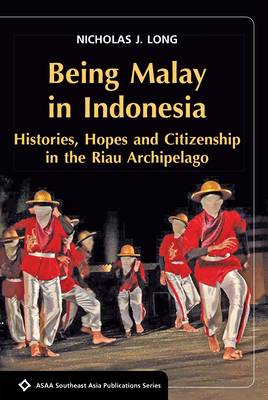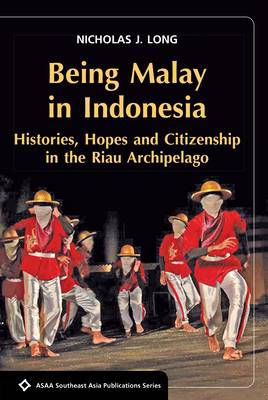
- Retrait gratuit dans votre magasin Club
- 7.000.000 titres dans notre catalogue
- Payer en toute sécurité
- Toujours un magasin près de chez vous
- Retrait gratuit dans votre magasin Club
- 7.000.0000 titres dans notre catalogue
- Payer en toute sécurité
- Toujours un magasin près de chez vous
47,45 €
+ 94 points
Description
For over 40 years, the people of Indonesia's Riau Archipelago resented what they saw as "colonial" control by Mainland Sumatra. In 1999, when the post-authoritarian state committed to democ- racy and local autonomy, they saw their chance to lobby for the region to be returned to its "native" Malays. In 2004, the islands officially became Riau Islands Province. This book explores what happened next.
Living in a new province created "for Malays" forced Riau Islanders to engage with thorny questions over what it meant to be Malay and how to achieve the official goal of becoming globally competitive "human resources." Putting nuanced ethnographic observations of life in the islands into a provocative dialogue with theorists ranging from Zizek to Sartre, this book explains how feel- ings of unsettledness and doubt came to permeate the province as a result of its very creation. Offering fresh perspectives on commerce, spirit beliefs, educa- tion, and culture, Being Malay in Indonesia challenges much of the received wisdom in the anthropology of Southeast Asia and makes a powerful case for the importance of feelings, sentiments, and affect in studies of local development and political change.Spécifications
Parties prenantes
- Auteur(s) :
- Editeur:
Contenu
- Nombre de pages :
- 304
- Langue:
- Anglais
- Collection :
Caractéristiques
- EAN:
- 9780824838652
- Date de parution :
- 30-11-13
- Format:
- Livre broché
- Format numérique:
- Trade paperback (VS)
- Dimensions :
- 155 mm x 226 mm
- Poids :
- 453 g

Les avis
Nous publions uniquement les avis qui respectent les conditions requises. Consultez nos conditions pour les avis.






